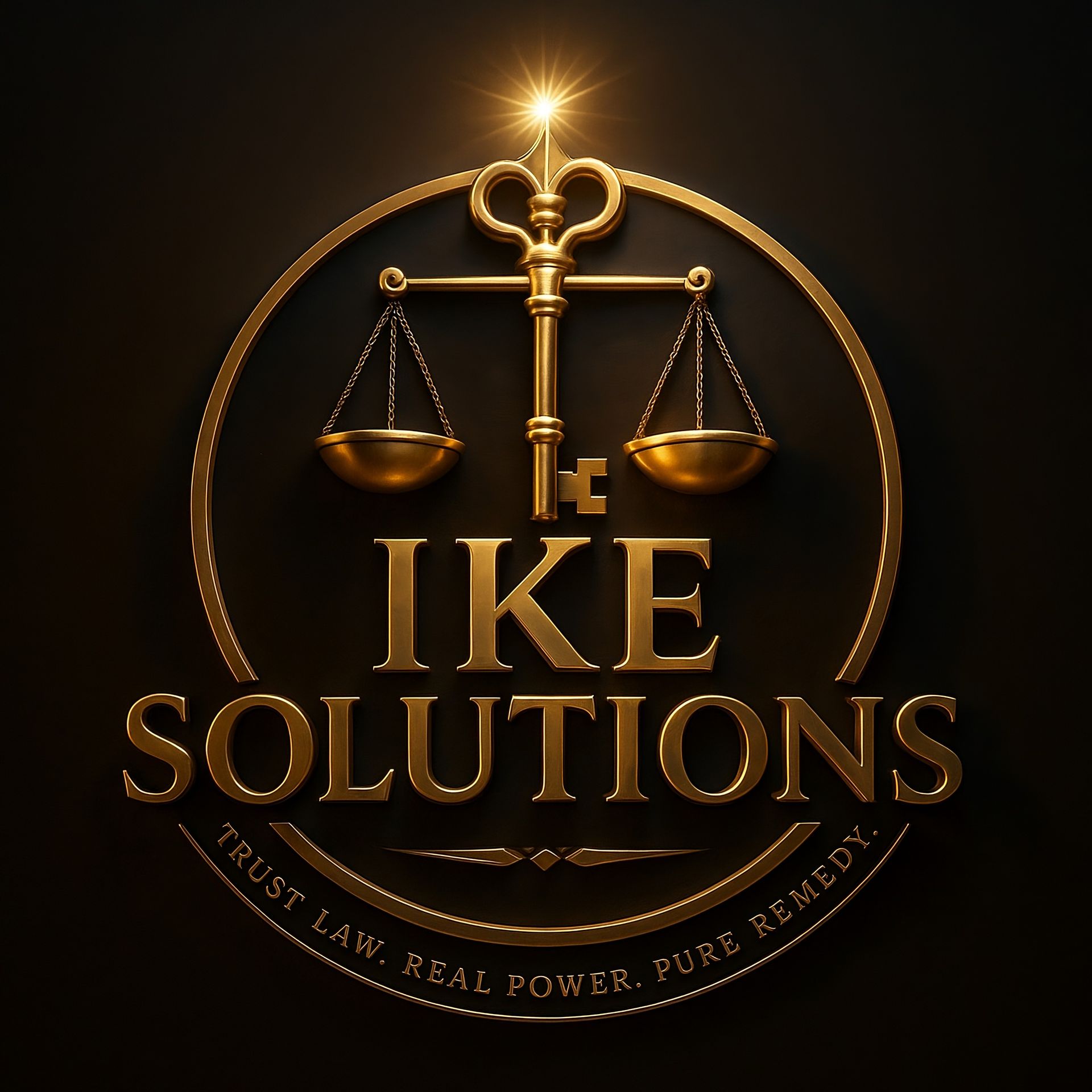Top Strategies for Debt Resolution: Achieving Financial Freedom
Understanding Your Debt Situation
Before diving into strategies for resolving debt, it's essential to have a clear understanding of your current financial situation. This involves listing all debts, including amounts owed, interest rates, and monthly payments. By grasping the full picture, you'll be better equipped to tackle debt head-on and plan effectively for the future.
Analyzing your spending habits is also crucial. Identify areas where you can cut back, allowing more funds to be directed towards debt repayment. This process might seem daunting initially, but it's a critical first step towards financial freedom.

Creating a Realistic Budget
A well-thought-out budget is the cornerstone of any successful debt resolution strategy. Start by calculating your total monthly income and expenses. Ensure that your budget prioritizes debt payments without neglecting essential living expenses.
Consider the 50/30/20 rule as a guideline: allocate 50% of your income to needs, 30% to wants, and 20% to savings and debt repayment. Adjust these percentages as necessary to fit your individual circumstances and goals.
Exploring Debt Repayment Strategies
The Snowball Method
The snowball method focuses on paying off smaller debts first while maintaining minimum payments on larger ones. This approach can provide a psychological boost by quickly reducing the number of outstanding debts.
The Avalanche Method
Alternatively, the avalanche method targets debts with the highest interest rates first. Though it may take longer to see visible results, this strategy can save money on interest over time, making it a financially savvy choice.

Negotiating with Creditors
Open communication with creditors can lead to more manageable repayment terms. Contact them to discuss options such as lowering interest rates, extending payment periods, or settling for a reduced amount.
Many creditors are willing to negotiate if it means avoiding default, so don't hesitate to reach out. Being proactive can prevent further damage to your credit score and provide much-needed financial relief.
Considering Professional Help
If managing debt independently seems overwhelming, seeking professional assistance might be beneficial. Credit counseling agencies offer services like debt management plans, which can consolidate payments into one monthly installment.

It's important to choose a reputable agency with certified counselors. Look for organizations accredited by the National Foundation for Credit Counseling (NFCC) or the Financial Counseling Association of America (FCAA) for trustworthy guidance.
Embracing Lifestyle Changes
Achieving financial freedom often requires lifestyle changes. Commit to living within your means by cutting unnecessary expenses and focusing on long-term goals. This might include dining out less frequently or finding more affordable housing options.
Developing new habits can also contribute positively to your financial health. Consider adopting practices such as cooking at home more often, using public transportation, or engaging in cost-free recreational activities.
Building an Emergency Fund
Once you've made progress in resolving your debt, start building an emergency fund to prevent future financial setbacks. Aim for at least three to six months' worth of living expenses in savings to cover unexpected events like job loss or medical emergencies.

A robust emergency fund acts as a safety net, offering peace of mind and preventing the need to rely on credit in times of crisis.
Staying Committed to Financial Freedom
Debt resolution is a journey that requires patience and persistence. Celebrate small victories along the way and remain focused on your ultimate goal of financial freedom.
Regularly review your progress and adjust strategies as needed. With determination and the right approach, achieving financial independence is within reach.
